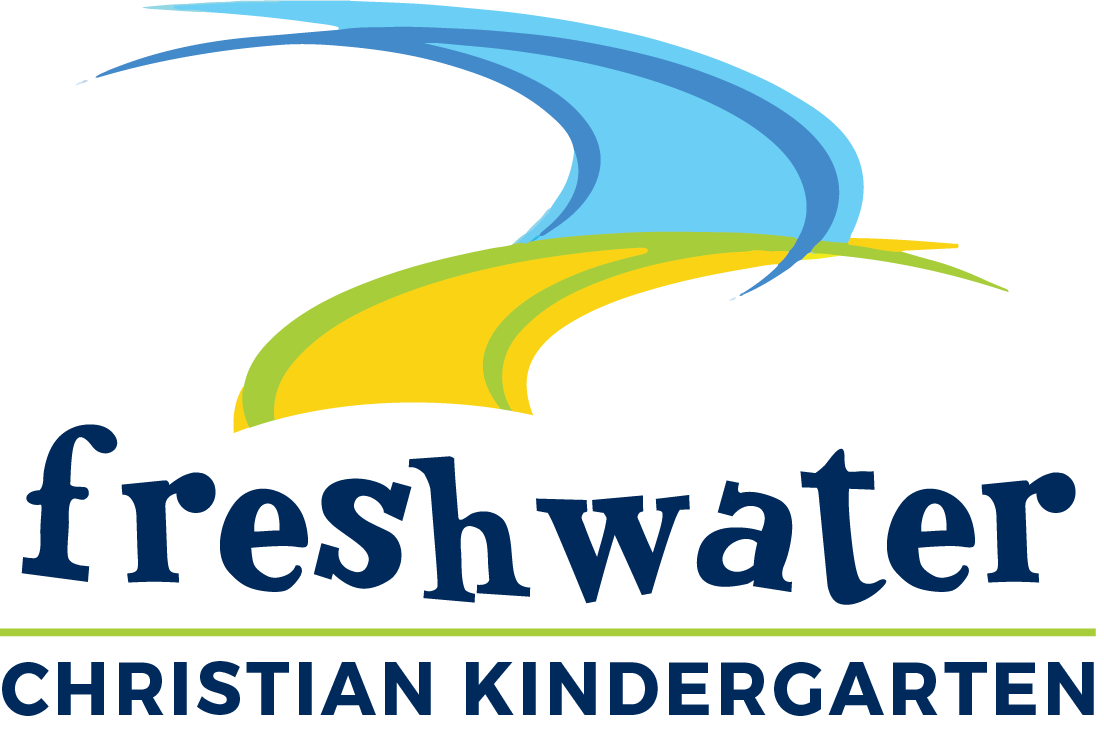
Freshwater Christian Kindergarten
Welcome to Freshwater Christian Kindergarten Cairns– We’re glad you’re here!
We offer specialised kindergarten programs for 3-year-olds, 4-year-olds, and bush kindy, all guided by the ‘Belonging, Being and Becoming’ Early Years Learning Framework to support children’s development.


Freshwater Christian Kindergarten Cairns
Where your child's love for learning begins
For over 40 years, we’ve provided quality education within a warm and caring environment for all children ages 3 to 5. Nurturing their young minds with our Christian-based education.
We open our doors to families from all backgrounds, and we’re committed to fostering whole-child development through the joy of play-based learning.
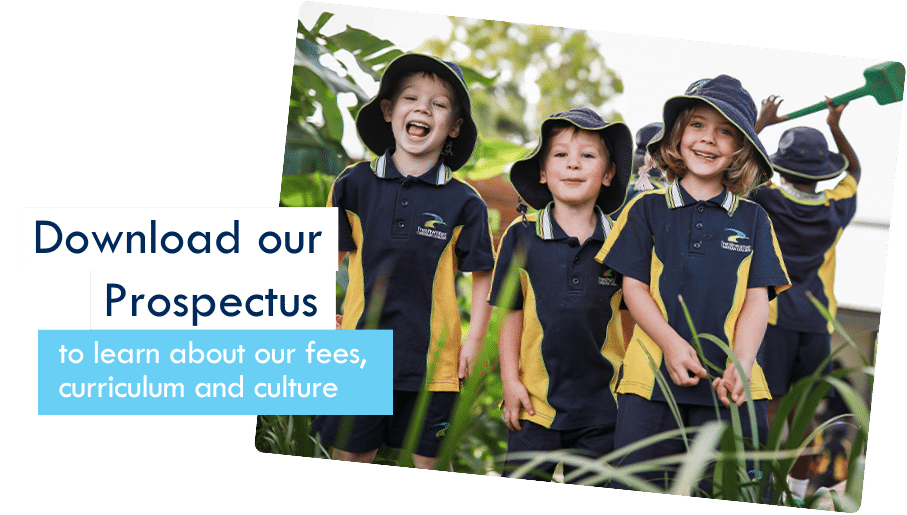
Submit an Enquiry to receive our Kindergarten Prospectus & Fees
We Welcome You To Tour Our Campus
Discover Our Kindergarten Facilities
When children enter our Cairns kindergarten they are immediately drawn to a world of fun and play that awaits them.
Book a Kindergarten Tour to meet our friendly staff and explore the fantastic world of Kindy at Freshwater Christian College or book in for a Principal’s Tour to visit our College grounds and Cairns Kindergarten Precinct.

On The Day Of Your Tour
We look forward to seeing you at our kindergarten! Please follow these steps to find our reception and sign in.
1. Park in Carpark One or Two
2. Walk past the Church Auditorium and towards our College Reception
Get to Know Freshwater Christian Kindergarten Cairns

Hours of Operation
Regular Kindy Day: 7am – 3pm
After Kindy Care: 3pm – 5.30pm
Our Kindy Groups
We have three rooms operating daily including a 3 year old program and a 4 year old program. The programs will be a little different in each room as the activities set out are dependent on the individual children, although all programming follows the Early Years Curriculum. The staff program and plan around our 5 days a fortnight, or weekly attendance schedules.
Learn more about our Kindy groups here.
Eligibility for Kindergarten
To secure the enrolment of your child you will need to do the following:
● Complete our online Child Enrolment Record.
● Attach copies of your child’s Birth Certificate/Passport and Medicare Immunisation statement.
● Pay a non-refundable application fee of $110 to be paid as part of our online enrolment form (if your child continues onto Freshwater Christian College Prep, this deposit covers the enrollment fee for Prep).
| Date of Birth | Kindy |
| 2024 | |
| 2025 | |
| 2026 | |
| 2027 | |
| 2028 |
Learn more about Free Kindy and your eligibility
Why Choose Us
We Build Foundations for Lifelong Learning
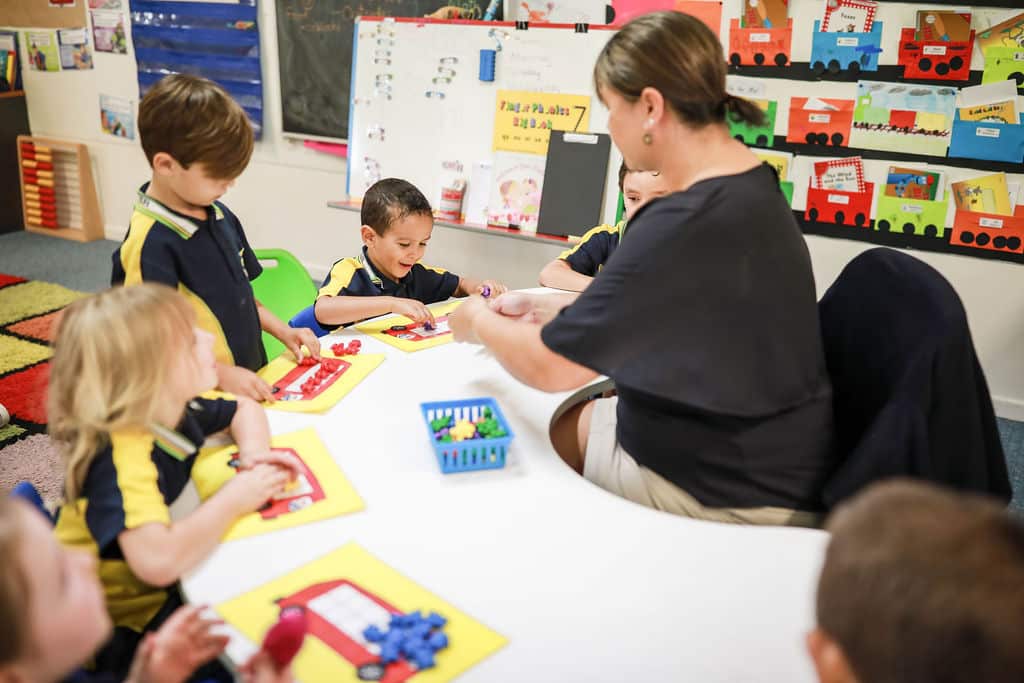
Smooth Transition to Prep
One of the most important aspects of Kindy is our focus on the development of a relationship with every child. We get to know them really well, cater to every child’s individual needs, and keep them happy and on track with their learning journey.
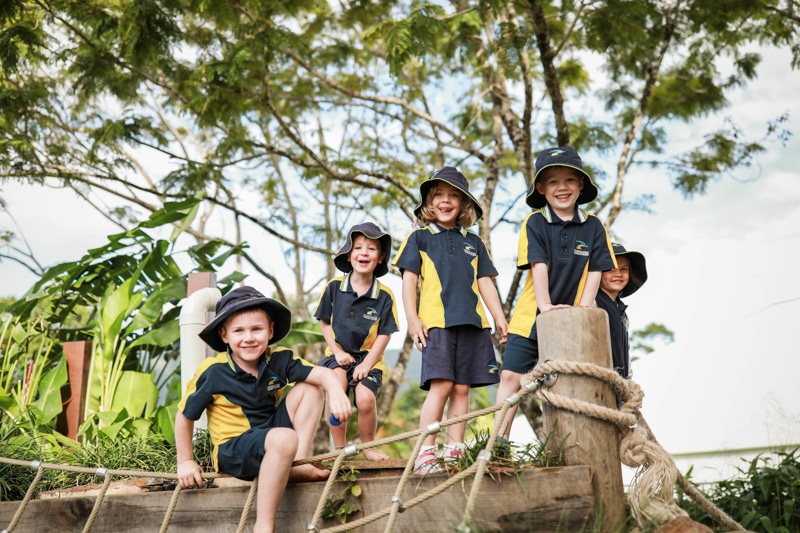
Nature Playground
We have a fantastic nature playground that lets our Kindy Kids explore the natural environment around them, giving them opportunities to ignite their creativity and imagination.
Our Bush Kindy Program
Hands-on Learning, The Bush Kindy Way
At Freshwater Christian Kindergarten, our Bush Kindy program lets kids explore the wonders of nature, turning the outdoors into a giant, exciting playground where they learn and grow.
They discover bugs, plants, and new adventures every day, all while building important skills like curiosity, teamwork, and problem-solving. With every climb, splash, and muddy mess, they’re learning valuable lessons that help them in school and life.
Our Bush Kindy Program happens 2 mornings per week during Terms 2 and 3.
Meet our brilliant Kindergarten educators
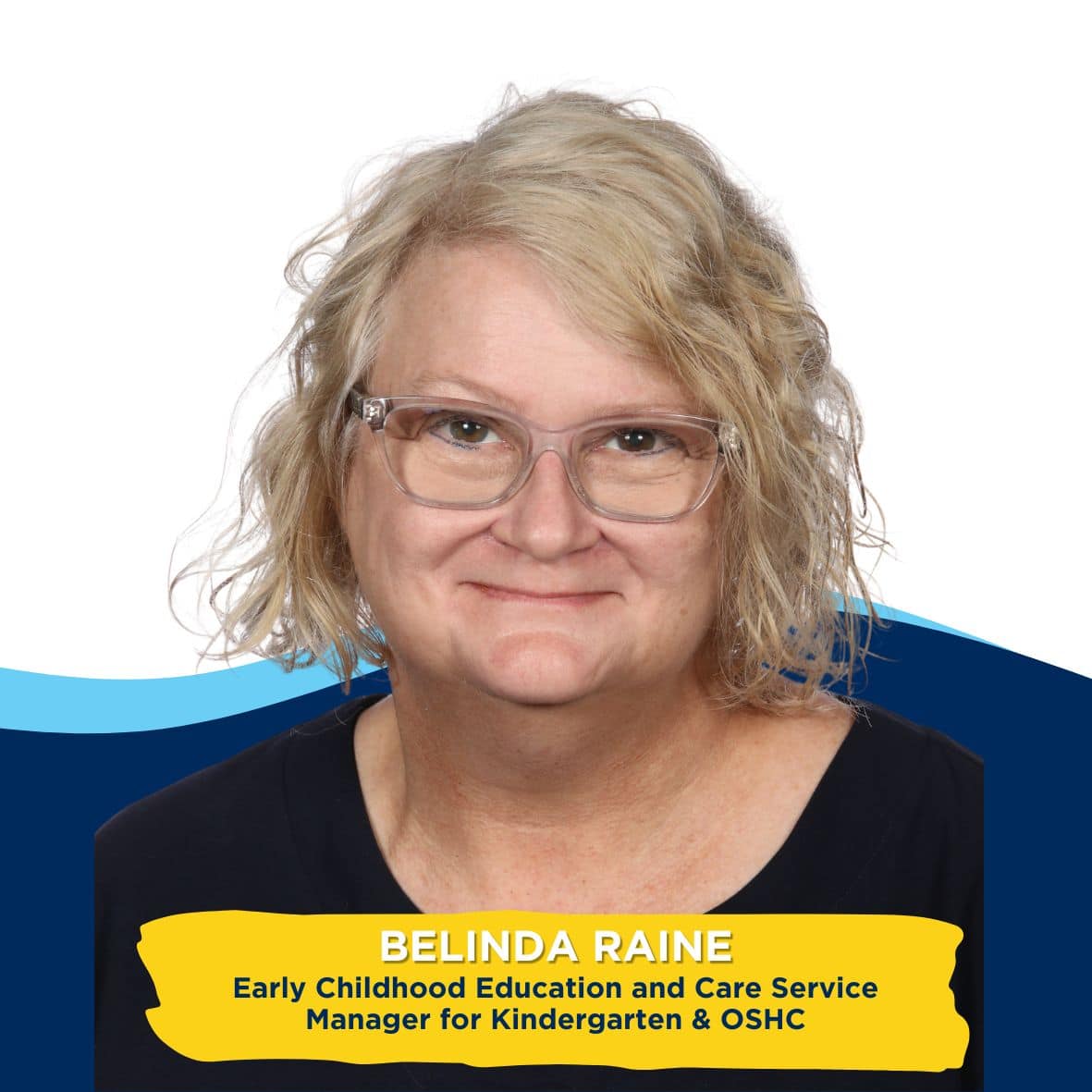


Enrichment Activities
Freshwater Christian Kindergarten, Where Learning is Serious Fun
This isn’t your typical early education experience. Freshwater Christian Kindy is renowned for excellence, where we foster an environment where children are inspired to explore, take risks, and develop a genuine passion for learning.
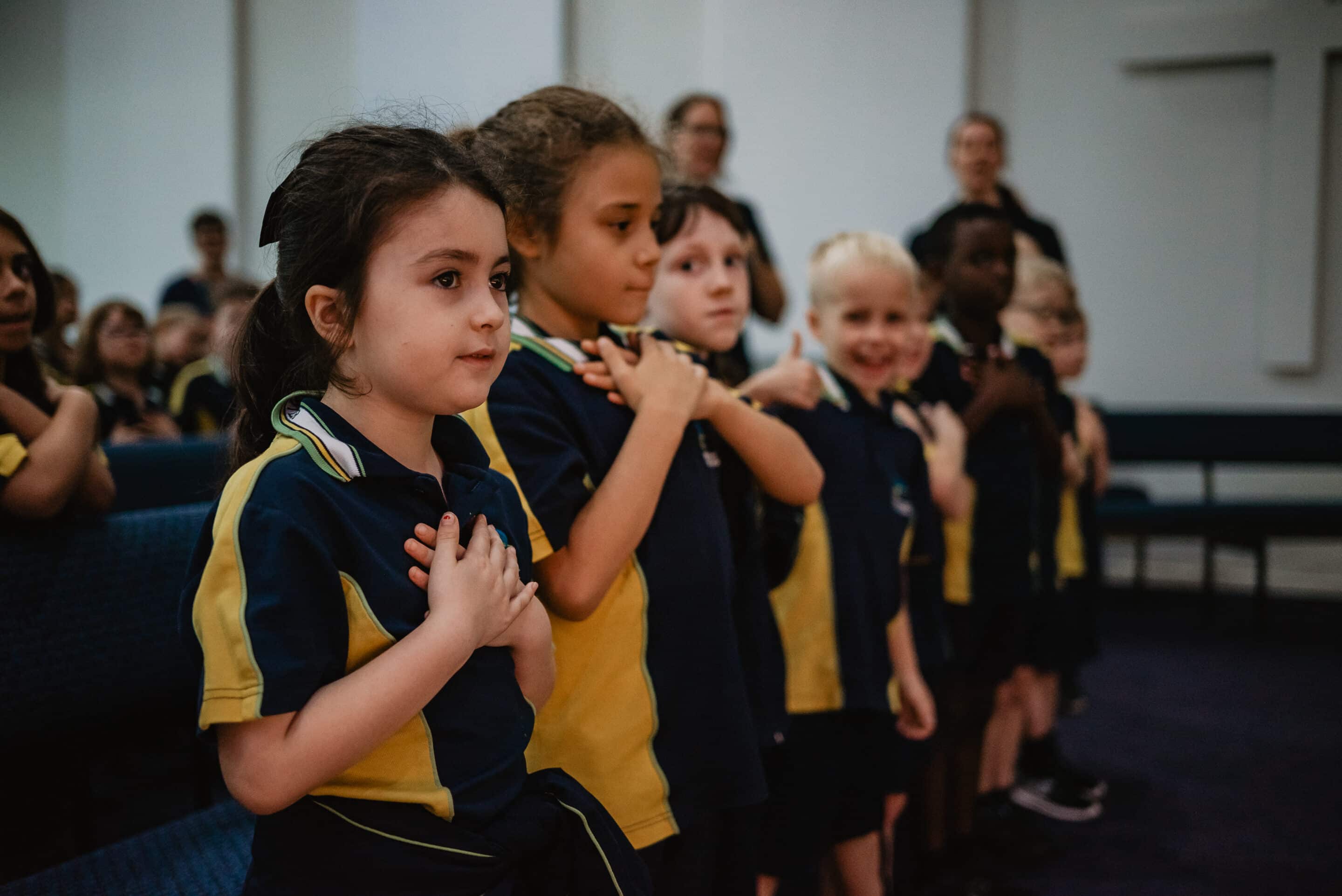
Primary School Chapel
Each week our Kindy Kids join the Junior Primary School at Freshwater Church for Chapel where children praise and learn about Jesus, sing the national anthem and watch our peers get awards.
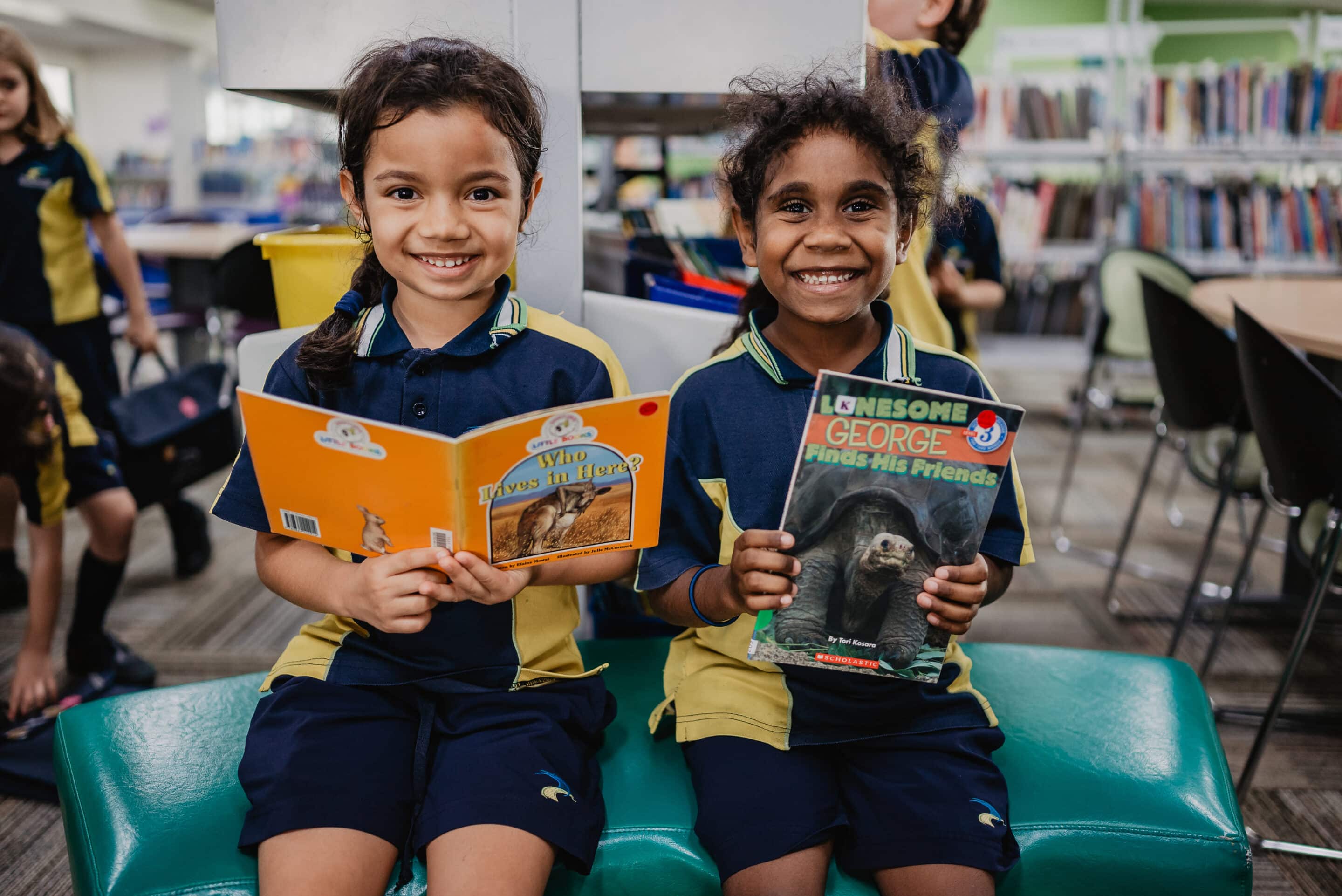
Library Lessons
Children get to experience Library Lessons just like ‘big kids’ in school they visit the librarian every week. Their library lessons support and foster literacy skills.
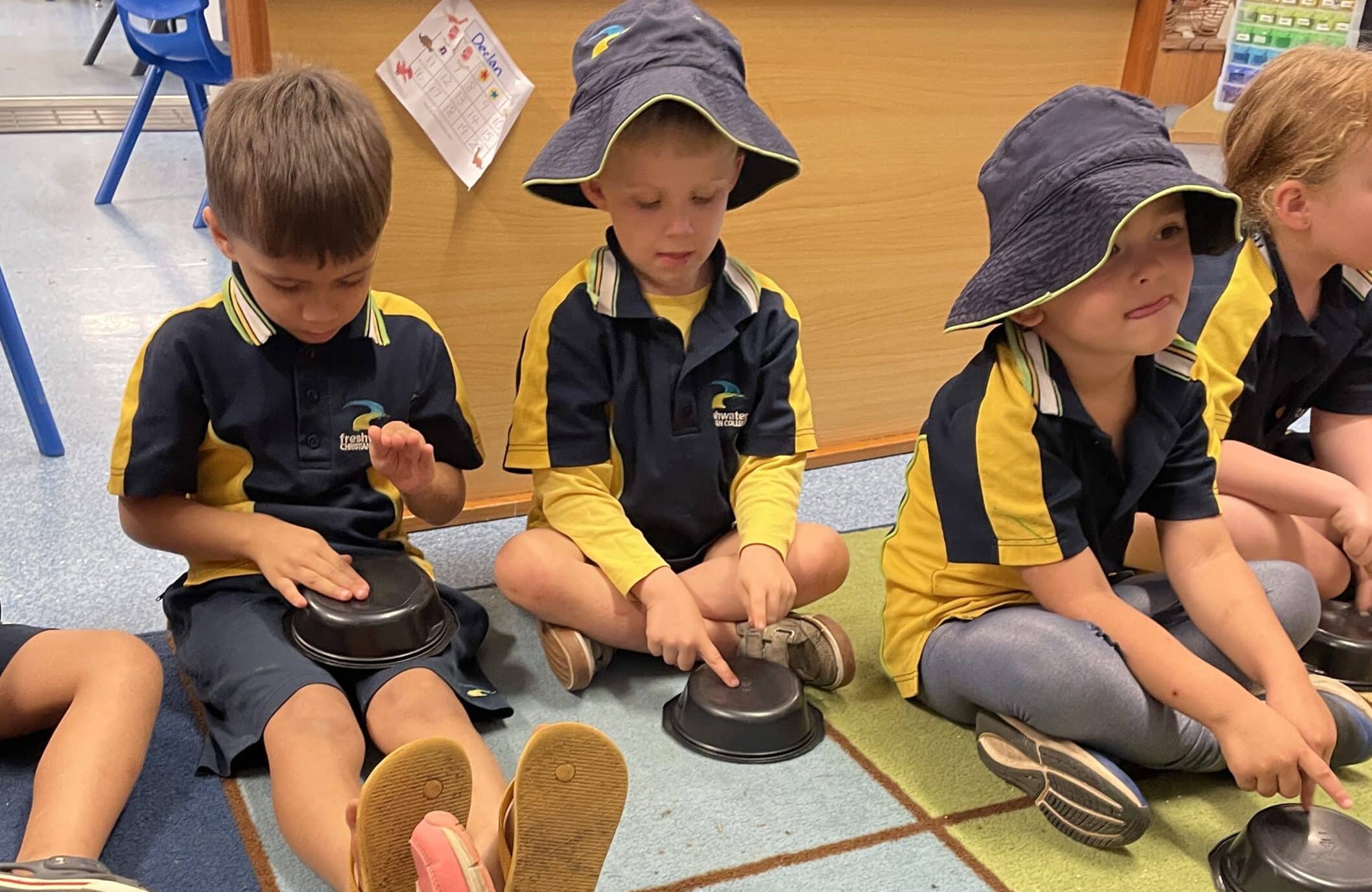
Music Lessons
Students will participate in weekly lessons with our Primary School Music Teacher. Music helps build language, social-emotional, gross motor and literacy skills. Not only is it good for development- it is a lot of fun!
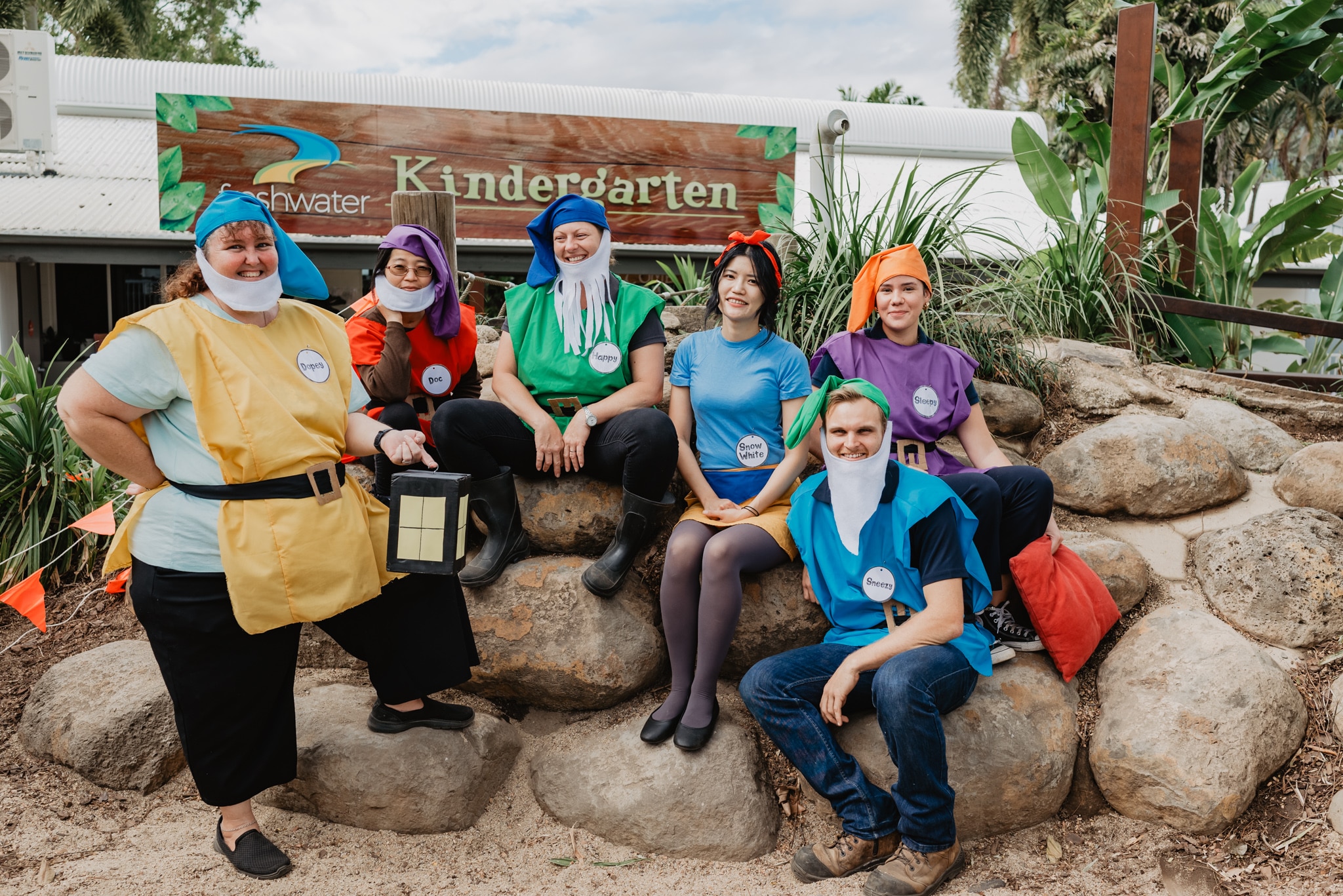
Carnivals, Book Week + More!
The Freshwater calendar is always full of fun community events our Kindy Kids enjoy getting involved with. A highlight of the calendar is our Book Week Parade, especially for the teachers too!

Sports Lessons
The Kindy Kids also join our Junior Primary students to participate in a gross motor program. Ball games, running, jumping and an all-around fun lesson. It’s always a highlight of the week!
What our parents are saying...
“It’s so encouraging when the principal calls it ‘our school’ because it really does feel like home. My kids have been here for years now and we love how kind and compassionate the teachers are towards them. They really do care for their hearts – not just their behaviour. Thankful to be a part of such a loving community!”
Kelly
Exceptional Cairns Kindergarten Located in Brinsmead
Nestled within the picturesque surroundings of Freshwater College, our Cairns Kindergarten offers a vibrant tropical setting for your child’s early education.
Here, they’re not just observers but active participants in the bustling life of the college community. From joining the ‘big kids’ in exhilarating College carnivals and fairs to embarking on thrilling adventures in the College library, every moment is filled with excitement and discovery.
We also have weekly Chapel sessions, where children unite with the Primary school. This offers a meaningful opportunity to come together, sing, and deepen their understanding of Jesus in a nurturing environment.
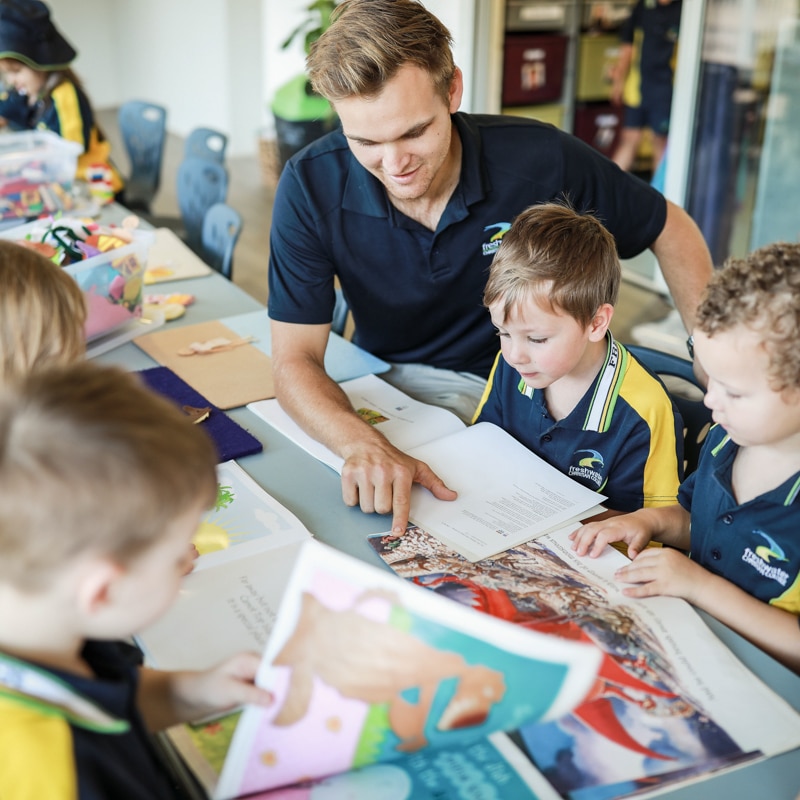
Exceptional Cairns Kindergarten Located in Brinsmead
Nestled within the picturesque surroundings of Freshwater College, our Cairns Kindergarten offers a vibrant tropical setting for your child’s early education.
Here, they’re not just observers but active participants in the bustling life of the college community. From joining the ‘big kids’ in exhilarating College carnivals and fairs to embarking on thrilling adventures in the College library, every moment is filled with excitement and discovery.
We also have weekly Chapel sessions, where children unite with the Primary school. This offers a meaningful opportunity to come together, sing, and deepen their understanding of Jesus in a nurturing environment.
Continue the Journey
Learn more about our Cairns Kindergarten
Want to learn more? Explore our FAQs to get answers to common questions about our kindergarten programs and how they benefit your child.
Cairns Kindy FAQs
What is Cairns Kindy and what makes it unique?
Cairns Kindy is a term used to describe various early childhood education centers in Cairns. These centers are dedicated to providing a nurturing and engaging environment for young children. What makes Cairns Kindy unique is its focus on blending traditional learning with outdoor play, often incorporating local environmental features and cultural elements into their programs.
How does Freshwater Christian Kindergarten support early childhood development?
Freshwater Christian Kindergarten is known for its holistic approach to early childhood education. The kindergarten integrates Christian values with a structured curriculum, focusing on social, emotional, and cognitive development. They offer a nurturing environment that encourages both academic learning and personal growth.
How can I find a good Kindergarten in Cairns for my child?
When searching for a Kindergarten in Cairns, consider factors like the curriculum, teaching approach, and facilities. Look for reviews and visit different centers to see which one aligns with your child’s needs. Options like Freshwater Christian Kindergarten and centers offering Bush Kindy Cairns experiences can provide varied educational approaches and environments.
Are there any specific benefits of enrolling my child in Cairns Kindergarten programs?
Cairns Kindy is a term used to describe various early childhood education centers in Cairns. These centers are dedicated to providing a nurturing and engaging environment for young children. What makes Cairns Kindy unique is its focus on blending traditional learning with outdoor play, often incorporating local environmental features and cultural elements into their programs.
What is Bush Kindy and how does it benefit children?
Bush Kindy is an educational approach that incorporates outdoor learning in natural settings. In Bush Kindy Cairns, children spend significant time exploring local bushlands, which helps them develop a strong connection to nature, improve their physical skills, and enhance their problem-solving abilities. This approach promotes creativity and resilience through hands-on experiences.
What should I look for in a Kindergarten in Cairns when making my decision?
When choosing a Kindergarten in Cairns, consider the following factors: the center’s educational philosophy, the qualifications of the staff, the quality of facilities, and the types of programs offered. Look for centers like Freshwater Christian Kindergarten that align with your values and educational goals for your child, and explore options like Bush Kindy Cairns if you prefer a nature-based learning approach.
Have a question we missed?
Fill in your details to enquire about Kindergarten at Freshwater Christian College.
Quicklinks
Connect With Us
Administered by Cairns Christian College Ltd | All rights reserved | Privacy Policy | Site Map | Site Credits

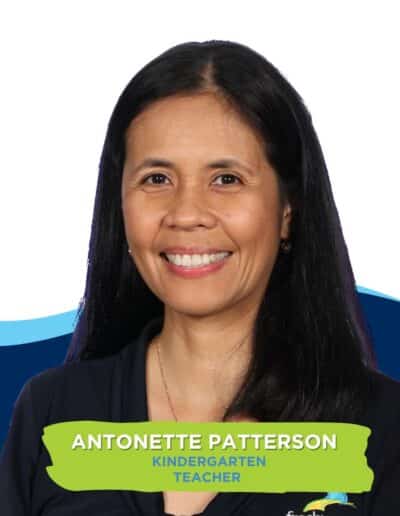


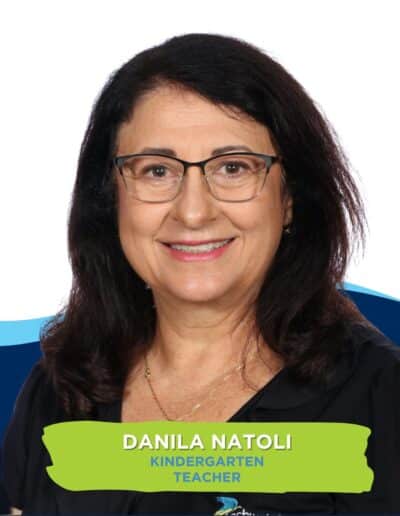
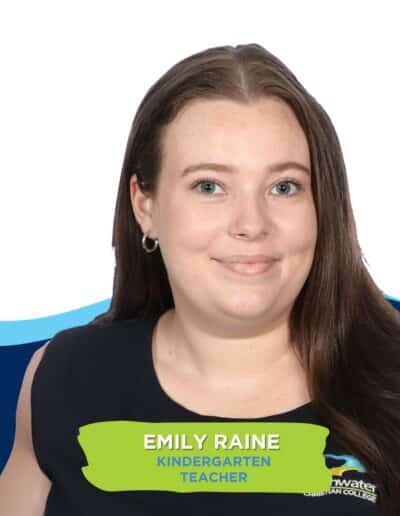
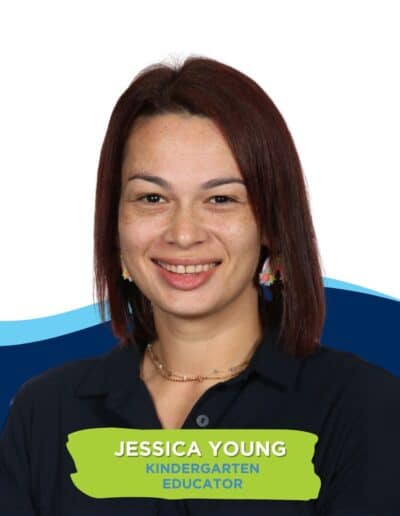



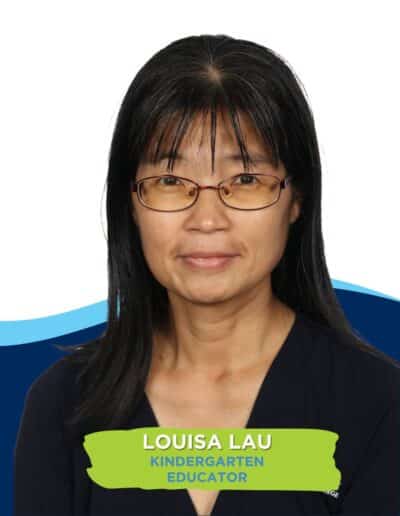
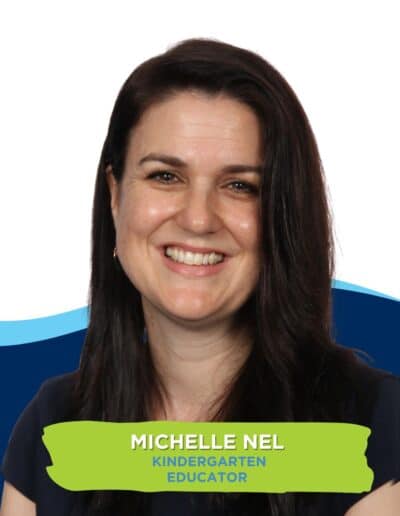

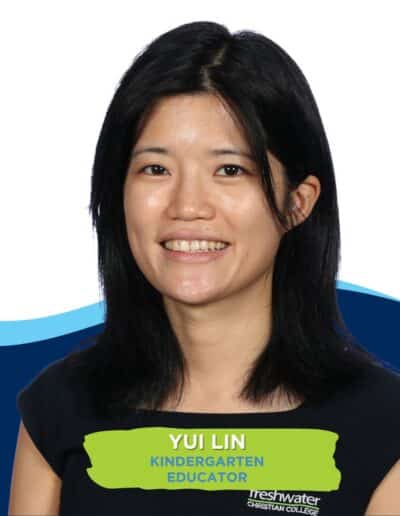
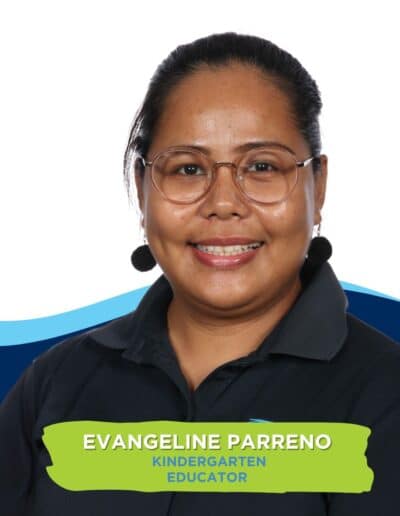
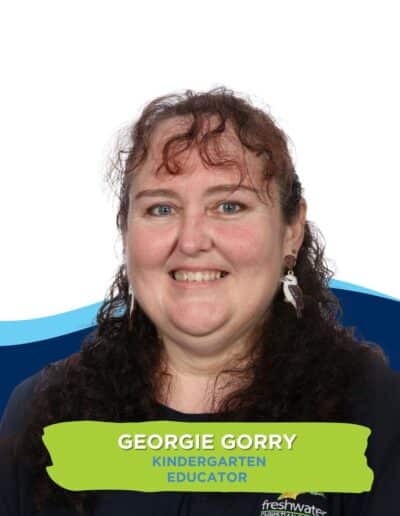

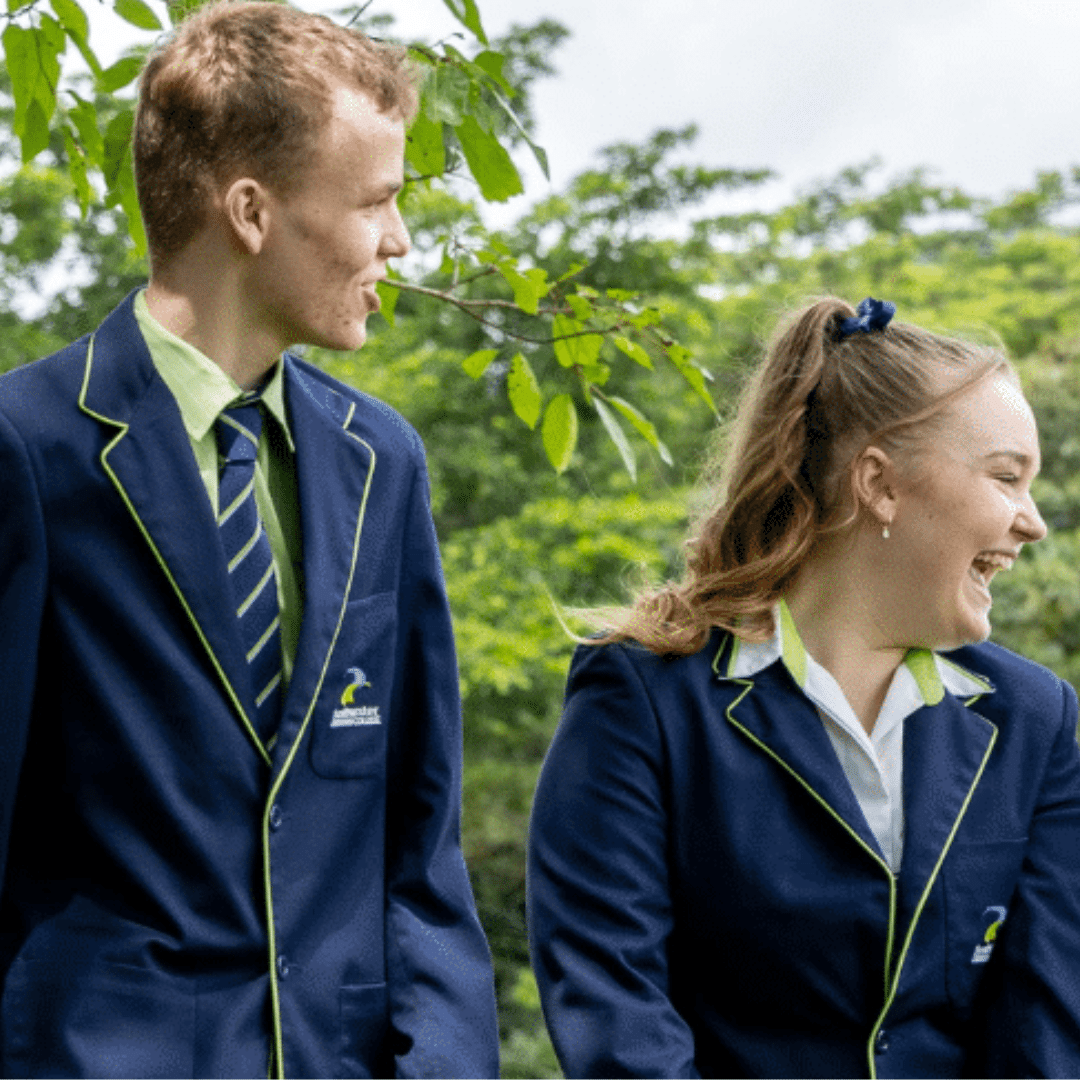
 (07) 4243 3600
(07) 4243 3600
 info@fcc.qld.edu.au
info@fcc.qld.edu.au
 369-401 Brinsmead Road,
369-401 Brinsmead Road,
